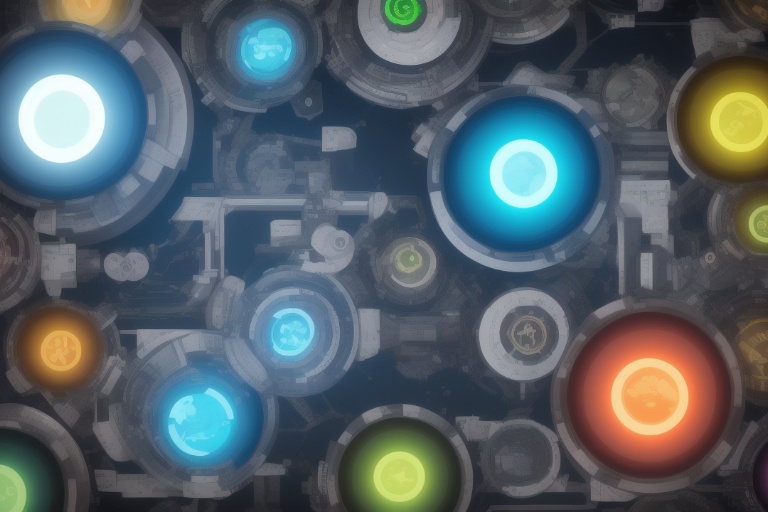Artificial Intelligence (AI) and machine learning are revolutionizing the world, with their influences permeating various facets of our daily existence. These compelling technologies are reshaping industries, altering our workplaces, and redefining the boundaries of creativity. Yet, as AI begins to play a larger role in content generation, complex legal questions related to copyright emerge, pressing for urgent and nuanced discussion.
Artificial Intelligence (AI) and machine learning are revolutionizing the world, with their influences permeating various facets of our daily existence. These compelling technologies are reshaping industries, altering our workplaces, and redefining the boundaries of creativity. Yet, as AI begins to play a larger role in content generation, complex legal questions related to copyright emerge, pressing for urgent and nuanced discussion.
Copyright Challenges in the Era of AI
Copyright law traditionally protects the original works of authorship by human creators, but AI-generated content disrupts this paradigm. Current guidelines from the U.S. Copyright Office stipulate that for a work to be eligible for copyright protection, it must be authored by a human. This means that inventions produced solely by AI systems fall outside the current legal framework for copyright registration. The crux of the issue lies in the fact that AI operates by recognizing and employing patterns found in existing human-created data, raising questions about what constitutes originality and authorship.
The Human-Machine Creative Nexus
The waters are further muddied when human ingenuity collaborates with AI's computational power. In such cases, deciphering the line between human and machine contribution becomes increasingly challenging. Yet, it is precisely the human element that is considered when granting copyright protection. This point was exemplified in September 2022 when the U.S. Copyright Office acknowledged a graphic novel that featured text written by a human and images produced by an AI text-to-image generator. The novel's text was granted copyright protection, while the AI-created images were not.
This landmark registration underscored the need for an update in policy, which resulted in a shift by the Copyright Office to more precisely address creations resulting from human-AI partnerships. As we tread into a new era where AI becomes a more integral part of the creative process, the legal system must evolve to encapsulate these changes, ensuring that copyright laws remain relevant and enforceable.
Towards a New Legal Framework
Building a legal framework that can accommodate the complexities of AI generation requires consideration of numerous factors. These include defining the extent of human involvement necessary for copyright eligibility, understanding the implications of AI's learning processes on notions of originality, and recognizing the potential of AI to become an independent creator in its own right. Furthermore, the ethical dimensions of AI generation demand rigorous scrutiny, especially as the technology becomes more sophisticated and indistinguishable from human output.
Navigating the Future of AI and Copyright Law
As we anticipate future developments in this space, it is imperative to keep a watchful eye on how the intersection of AI and copyright law unfolds. This series will continue to explore the ethical considerations of generative AI, probe into the copyright potential for AI-generated art, and track the ongoing legislative efforts to adapt copyright law to the advanced capabilities of modern artificial intelligence.
Engage with us as we navigate through this captivating journey into the realms of programming, AI, and machine learning, providing insights that are crucial for creators, technologists, and legal professionals alike in this groundbreaking digital epoch.
Information for this article was gathered from the following source.




